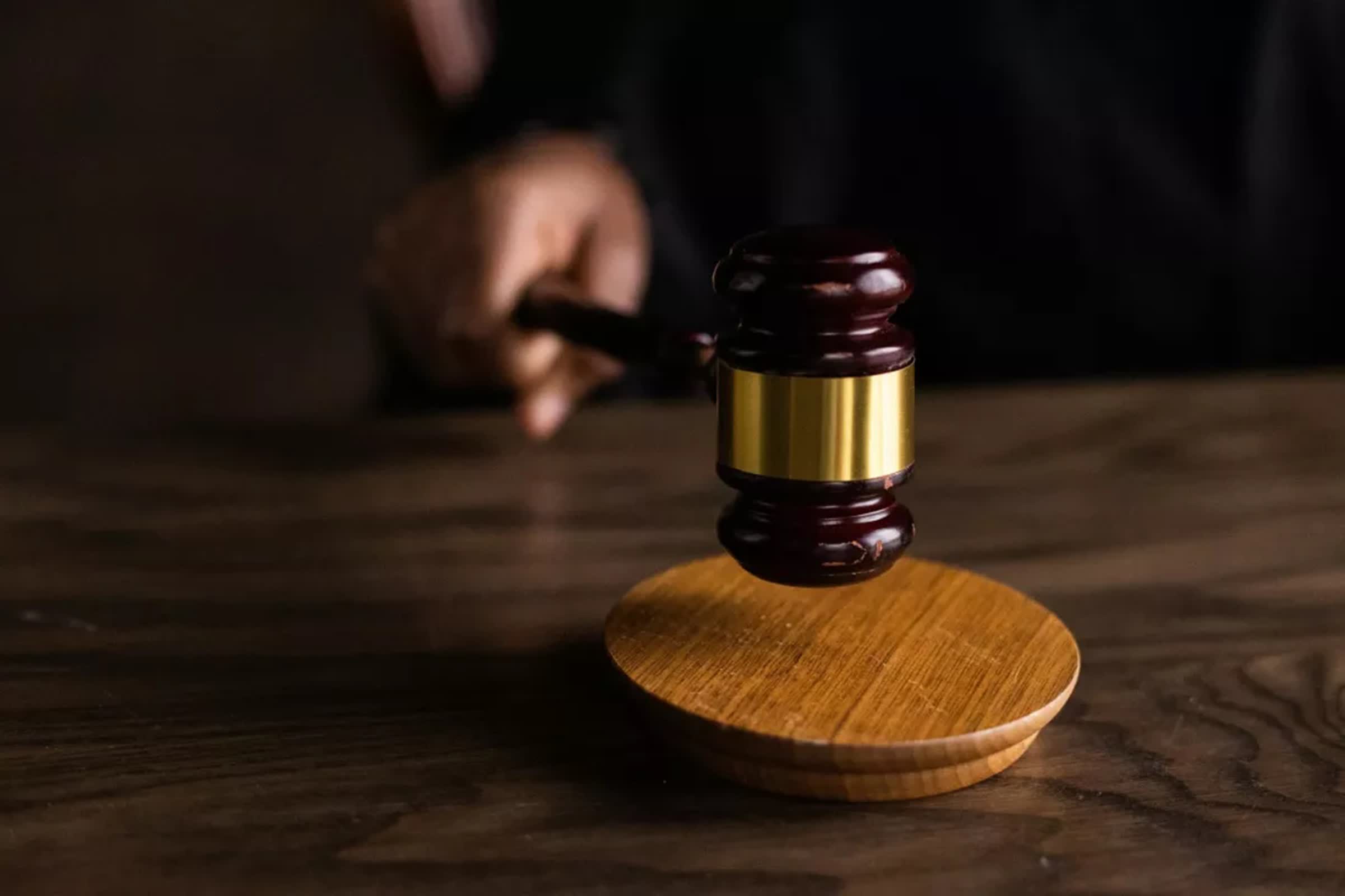Mass phone tracking via cell tower dumps ruled unconstitutional
What just happened? A pivotal legal decision has emerged from Nevada, where a federal judge has questioned the constitutionality of a controversial investigative tool known as a "tower dump." This law enforcement method allows police to collect data en masse from cell towers, capturing information on every device that connects to a tower during a specific time window. The practice, which can sweep up the location and identifying details of thousands of cell phones, has been widely used to aid criminal investigations – and has also sparked intense debate over privacy and constitutional rights.
The case at the center of this ruling involves Cory Spurlock, who faces serious charges including conspiracy to distribute marijuana and alleged involvement in a murder-for-hire plot. In an effort to place Spurlock at the scenes of the crimes, investigators obtained a warrant for a tower dump, which ultimately captured data from nearly 1,700 unique phones. The data, provided by a wireless carrier, revealed which phones had connected to specific cell towers near the alleged crime scenes during the relevant time frames.
Crucially, none of the individuals whose data was collected had given explicit consent for their location information to be shared, nor was there any mechanism for them to opt out.
When the case reached court, Spurlock's defense team argued that the warrant authorizing the tower dump was overly broad, effectively allowing police to track the digital whereabouts of countless innocent people. They contended that this amounted to a "general warrant" – the kind of indiscriminate search the framers of the Constitution explicitly sought to prohibit.
In her written opinion, US District Judge Miranda M. Du agreed, ruling that the tower dump constituted a search under the Fourth Amendment and that the warrant failed to meet constitutional standards for specificity and probable cause.
Despite this, Judge Du ultimately allowed the evidence from the tower dump to be used in Spurlock's trial. She explained that the officers involved had relied on existing legal standards, and that at the time of the investigation, there was no clear guidance from higher courts in the region regarding the use of tower dumps.
The implications of this ruling extend far beyond Spurlock's case. Privacy advocates have long warned that tower dumps, by their very nature, collect data on large numbers of people who have no connection to any criminal activity. In court, expert witnesses described how the data obtained could be used to reconstruct the movements and associations of every person whose phone connected to the targeted towers, raising concerns about mass surveillance and the erosion of privacy for ordinary citizens.
// Related Stories
The Nevada decision follows a similar ruling in Mississippi, where another federal judge found tower dumps unconstitutional and barred their use in an FBI investigation. That case is currently on appeal, with the Department of Justice arguing that tower dumps are a critical tool for law enforcement and that the legal questions surrounding their use remain unsettled.
The broader legal landscape is complicated by the Supreme Court's 2018 decision in Carpenter v. United States, which held that police generally need a warrant to access historical cell-site location data. However, the Carpenter ruling was narrowly tailored and did not directly address the legality of tower dumps or other forms of bulk data collection, leaving lower courts to wrestle with how the Fourth Amendment applies in these contexts.
As legal challenges mount and conflicting decisions emerge across the country, many observers believe the Supreme Court may soon be called upon to clarify the constitutionality of tower dumps.


